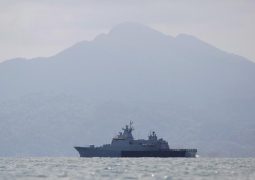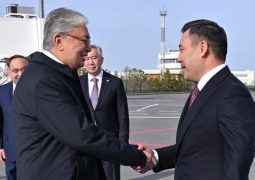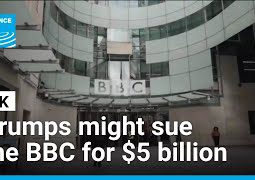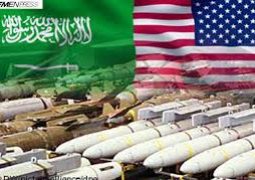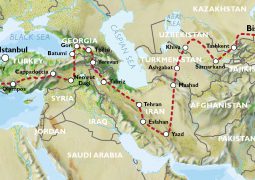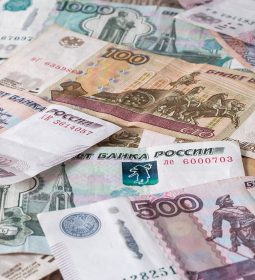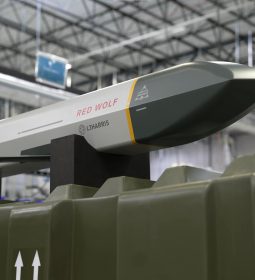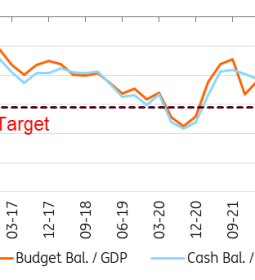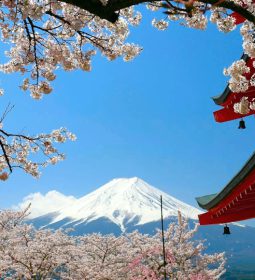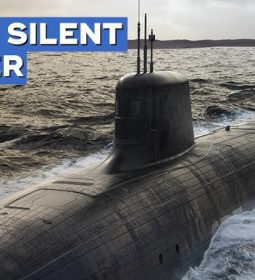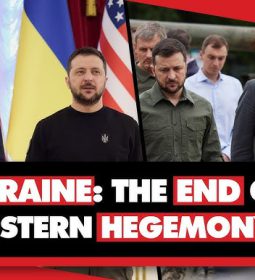Vietnam and China agreed to enhance intelligence exchanges to prevent “hostile forces” but US Sees No Impact on Vietnam Ties From Hanoi-Beijing Defence Pledges
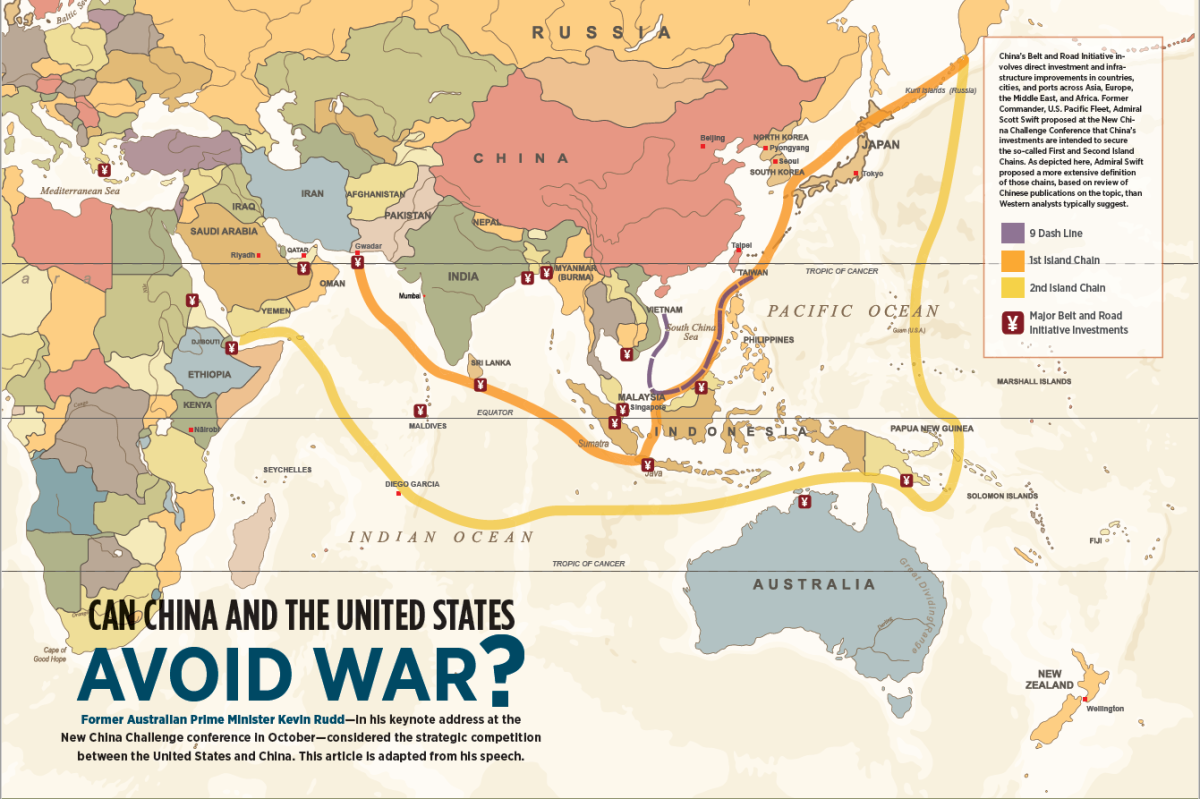
By Francesco Guarascio
HANOI (Reuters) – The United States will continue to closely cooperate with Vietnam, a U.S. official said after Hanoi announced last week strengthened ties with China, including on defence and security, as the two great powers compete for influenc
Vietnam’s leaders upgraded relations with Beijing during China’s President Xi Jinping’s visit to Hanoi last week, three months after they had boosted ties with Washington as Joe Biden travelled to the country in what has been seen as a success for Vietnam’s “Bamboo diplomacy”.
Despite language in a China-Vietnam statement that may be seen as directed against the United States, concerns that may hamper Washington’s plans to deepen relations with Hanoi have so far been underplayed.
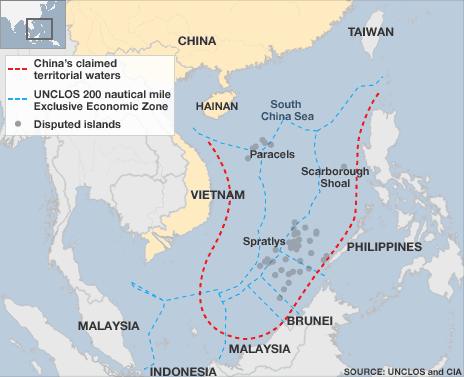
“Our relationship with Vietnam is not about any third country,” said Cameron Thomas-Shah, spokesperson at the U.S. embassy in Hanoi.
“Our close cooperation with our Vietnamese partners across various sectors, including health, education, technology, and trade, will continue for the foreseeable future,” he added in reply to Reuters questions.
Vietnam’s foreign ministry did not reply to a request for comment.
In a joint declaration issued after Xi’s visit, Vietnam and China committed to stronger security cooperation, including between defence industries and logistics.
The U.S. is also working to boost defence cooperation with Vietnam.
Carl Thayer, a senior expert in Vietnam security at the Australian Defence Force Academy in Canberra, said those “aspirational goals” with China were unlikely to affect defence cooperation with Washington.
Vietnam and China also agreed to enhance intelligence exchanges to prevent “hostile forces” from supporting grassroots movements such as those that led in recent years to revolutions in former Communist countries – which critics say were promoted by Washington.
“The emphasis on ‘hostile forces’ is not a surprise. China’s leaders always whisper this in Vietnam’s leaders’ ears. But don’t overstate the bilateral cooperation between them on this. They won’t be sharing intel,” said Zachary Abuza, professor on Southeast Asian politics at the National War College in Washington DC.
FILE PHOTO: U.S. Secretary of State Anthony Blinken, U.S. President Joe Biden and Vietnam’s Prime Minister Pham Minh Chinh meet in Hanoi, Vietnam, September 11, 2023. REUTERS/Evelyn Hockstein/FILE PHOTOREUTERS
“There is always a distinction between Vietnam’s diplomatic pronunciations and its actual security concerns,” said Raymond Powell, a former Air Attache to the U.S. embassy in Vietnam who currently leads Stanford University’s Project Myoushu on the South China Sea.
He added: “Hanoi will continue to look for the safe ground between placating Beijing’s political expectations and the threat China poses – particularly to its South China Sea position,” where China and Vietnam have conflicting claims.
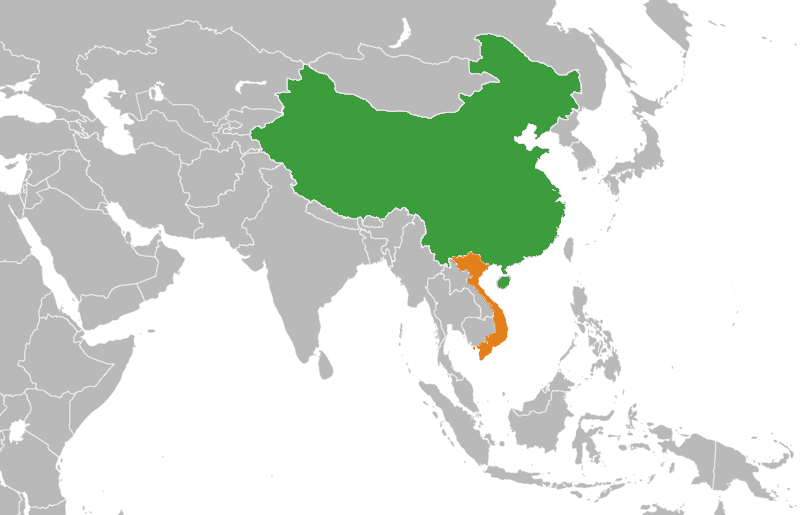
(Reporting by Francesco Guarascio @fraguarascio; Additional reporting by Khanh Vu; Editing by Christopher Cushing)
- Previous DPRK launches intercontinental ballistic missile Hwanson-17
- Next Türkiye saves $2 billion on Russian oil purchases in 2023: EU gets poorer





